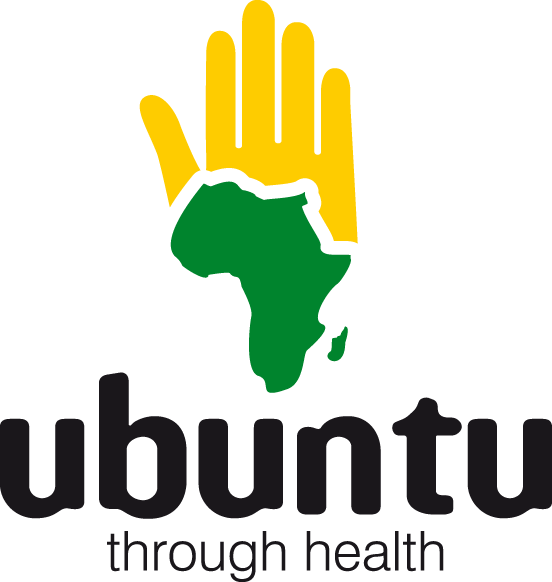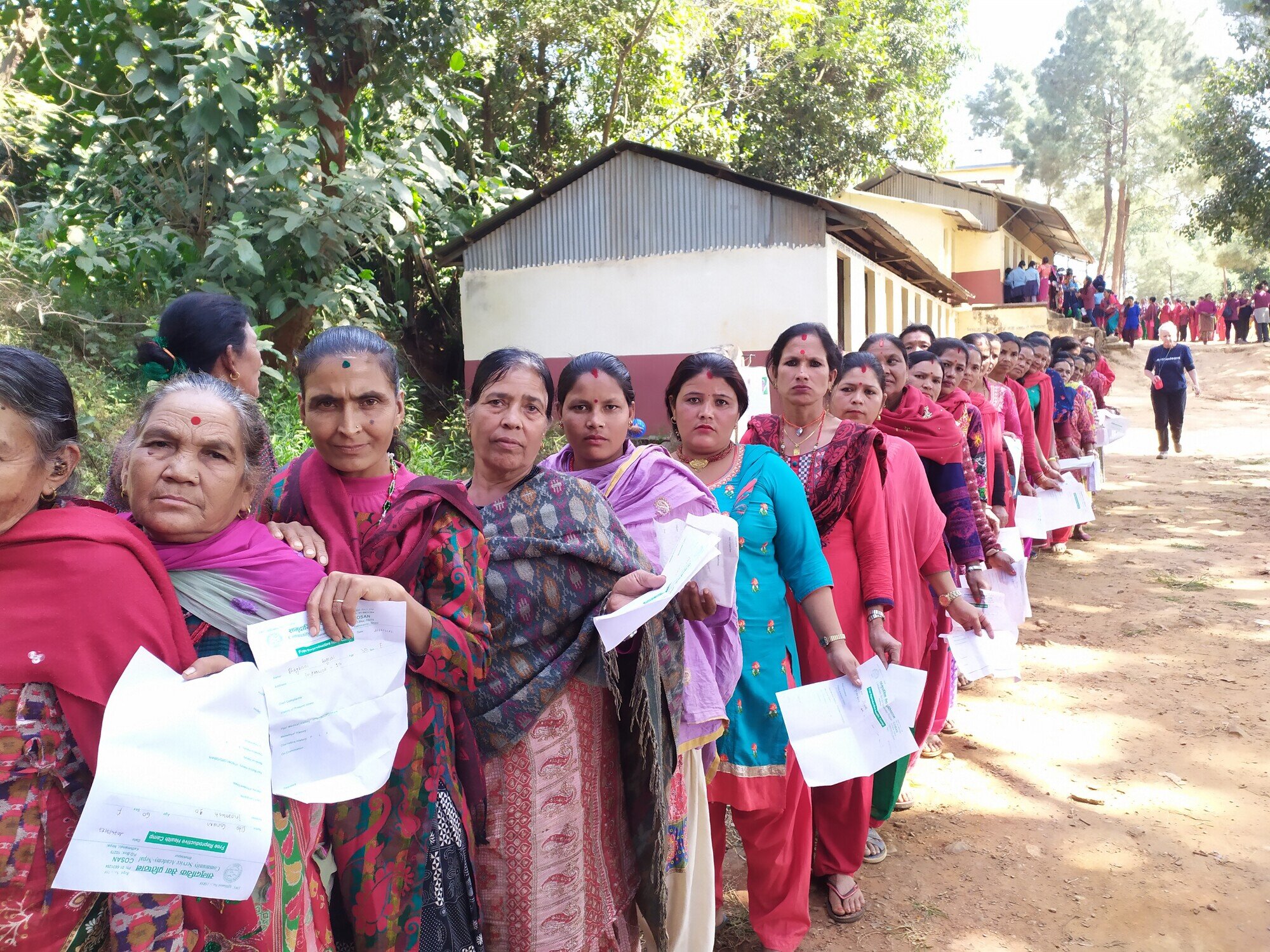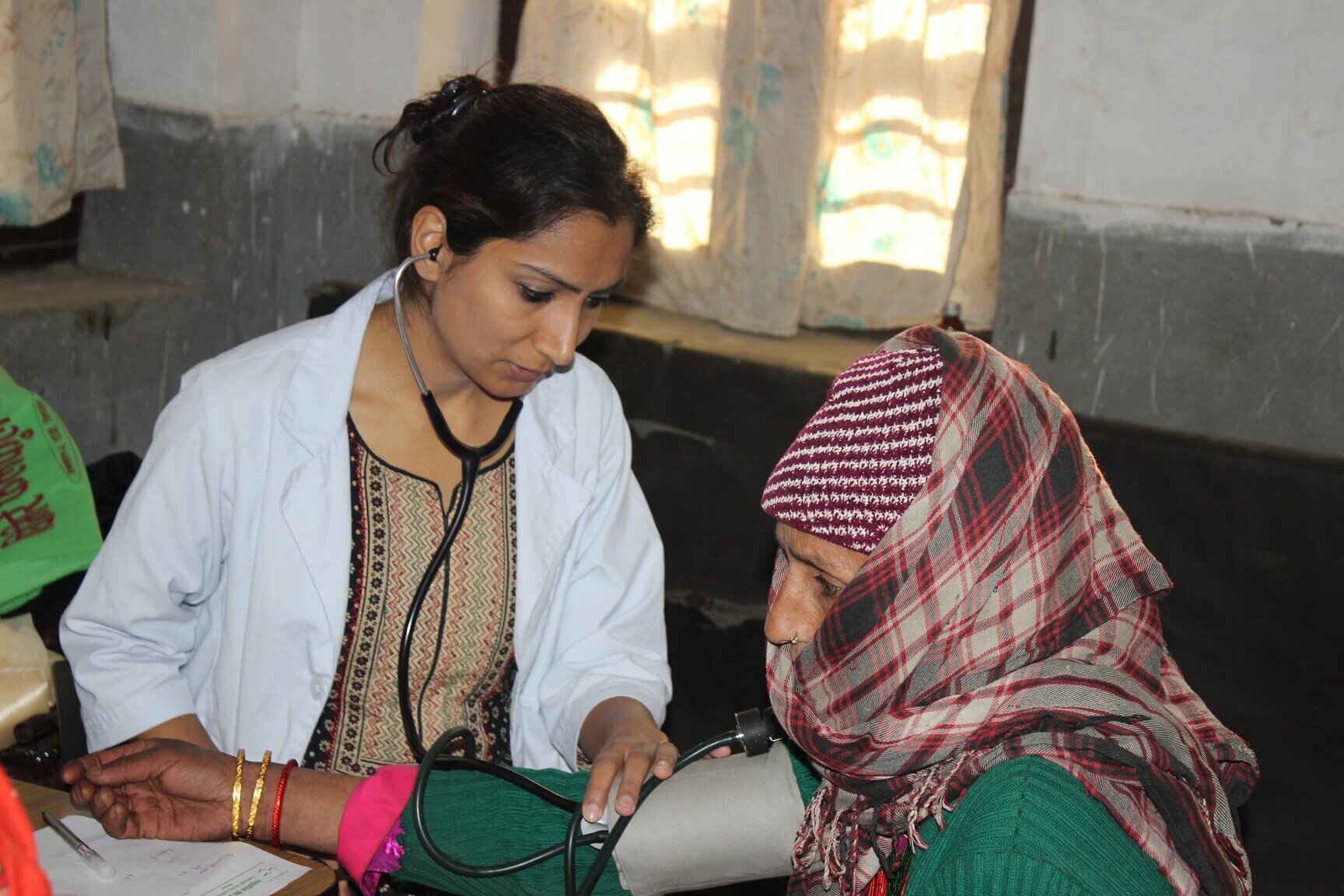Last year, I had the privilege of volunteering at the Ruben Centre in Nairobi’s Mukuru slums, with the support of Ubuntu Through Health. My experience at the Ruben Centre was marked with both heartbreak and hope as I witnessed the challenges faced by the vulnerable community and the unwavering dedication of the Ruben Centre staff to make a difference. Through clinical work, public health initiatives and cultural immersion, I gained invaluable insights into the resilience and power of the Mukuru community.
As I began my volunteering journey, the first challenge that I faced nearly every day was getting into the community itself. A typical day as a volunteer would commence with a stroll to the local fruit and vegetable stand across the road. With breakfast in hand, I would set out to organise a ride-share to the Ruben Centre. Unfortunately, this could sometimes prove a challenge due to the reluctance of many drivers to venture into the Mukuru Slums, but with some patience, I would eventually find a driver willing to drop me off to the centre where the true adventure then began.
Nutrition Clinic
When I arrived at the Ruben Centre, I was greeted with many smiles and friendly greetings from everyone around. At the nutrition clinic there would be many mothers with their babies patiently waiting to be seen. There was a continual chorus of crying within the clinic as children received their vaccinations. The sight of many malnourished infants continually underscored the need for urgent intervention and the importance of the clinic. Yet, the unwavering dedication of the staff who worked with such purpose and compassion in the clinic was heartwarming to see. Even when there were no more Nutrition Packs available and only vitamins left to be given to the mothers, they would still do their best to support each patient and provide them with the care that they deserve.
Maternity
The Maternity Clinic which was the only in-patient ward at Ruben. Here an extraordinary team of midwives worked tirelessly, delivering miracles with only the most basic resources. The absence of even the most fundamental medical equipment, such as an ultrasound, was a stark reminder of the disparities between our healthcare systems. Having the opportunity to support in the delivery of babies and hearing their first cry was a beautiful experience. There is nothing like holding a newborn baby and putting a cute little beanie on their head.
However, amidst the miracles, there were times when you had to face the stark reality of a maternity ward. The prevalence of high-risk births was concerning due to the lack of prenatal checks for expectant mothers. In such situations, I couldn’t help but worry about our capacity to handle any complication during labour with the limited resources we had available.
The heart-wrenching experience of delivering a stillborn following the loss of its heartbeat during labor, the perilous situation when a mother arrived in active labour with a breeched baby, or the alarming moment a mother began seizing due to a severe postpartum haemorrhage, are all instances that had me wondering about the potential divergent paths these mothers and their babies might have taken had they been in a well-resourced clinic.
Furthermore, navigating through the cultural nuances and societal stigmas added another layer of complexity to the medical care provided. The pervasive stigma surrounding HIV and other sexually transmitted diseases, coupled with a lack of education on contraception in the community, underscored the pressing need for holistic intervention. Even the simplest acts, such as the absence of fathers in the labour ward, highlighted the significant cultural differences between our medical systems.
Additionally, during my time at the centre, I was told about a significant surge in underage pregnancies within the community. Witnessing the plight of a 13-year-old girl giving birth on my first day on the ward served as a reminder of the harsh realities faced by girls at Mukuru. Not only was it heart-wrenching to see, but it also highlighted the vulnerability of young girls and underscored the pressing need for concerted efforts to protect and support them. It was incredibly uplifting to learn about the proactive initiatives undertaken by the Ruben Centre in this regard. Their commitment to advocating for and implementing child safeguarding programs within the community, alongside their dedication to educating young girls on these critical matters, speaks volumes about their unwavering commitment to fostering a safer and more empowered environment for all.
Outpatient Clinic
The outpatient Clinic at the Ruben Centre is similar to a general practice clinic here in Australia. Each day, a steady stream of people would come to the clinic seeking medical attention. Despite the overwhelming demands, there was only one doctor available to attend to everyone’s needs.
One of the clinic's invaluable assets was its laboratory, which enabled diagnostic testing to be conducted on-site. However, the range of tests available was markedly limited compared to what one might find in an Australian hospital. Despite this limitation, having access to basic diagnostic tools was crucial for providing timely care to patients in need. However, in comparison to a typical family practice in Australia, the Ruben Centre's clinic was undeniably under-resourced.
This discrepancy became painfully evident in instances where critical public health education failed to reach those in need, as illustrated by a tragic incident. I can still vividly recall the day when a little girl who was brought to the clinic in the end stages of respiratory failure due to untreated pneumonia. Her parents, unaware of the severity of her condition and lacking proper health education, had delayed seeking medical attention until it was too late. By the time they arrived at the clinic, the child's condition had deteriorated rapidly. Despite the doctor's best efforts, the child tragically passed away in his arms as he rushed to summon an ambulance for her transfer to a tertiary hospital. Such a devastating outcome would be virtually unheard of in Australia, where timely access to medical care and sufficient resources would likely prevent a child from presenting in such dire circumstances. This heartbreaking incident served as a poignant reminder of the critical importance of public health education and the stark disparities in healthcare resources between different regions.
Public Health Work – Battling a Cholera Outbreak
While much of my time at the Ruben Centre revolved around clinical work, I was equally eager to collaborate with the public health team in devising initiatives to benefit the broader community. During my time as a volunteer, we faced a daunting challenge: there was a significant cholera outbreak in the neighbouring slum. The Mukuru community and the Ruben Centre staff were very concerned about Cholera as a previous outbreak had stretched the centres resources to its limits and necessitated the setup of makeshift patient beds outdoors to accommodate the influx of cases.
Preventing an outbreak in Mukuru was critical, and educating the community regarding how to prevent infection and spread of cholera was crucial. However, translating global health guidelines into actionable advice for the unique context of Mukuru proved to be a difficult task. The World Health Organization's (WHO) guidelines, while comprehensive, made assumptions that didn't align with the realities of life in Mukuru. For instance, the WHO made a basic assumption that there would be at least some access to safe water in the community which was not the case in Mukuru due compromised sewage infrastructure. With the majority of households lacking toilet facilities and few opting to use paid public toilets, a distressing phenomenon known as the 'flying toilet' emerged, whereby people wrapped-up and threw waste into the streets.
Two public health officers and I formulated a strategy to prevent the spread of cholera through the community that was specifically tailored to Mukuru’s unique infrastructure, resources and cultural dynamics. Fortunately, we had the opportunity to use ‘Ruben Radio’, a trusted education platform in the community, to disseminate public health information regarding cholera, while the Ruben Centre implemented complementary measures, such as supporting the cholera vaccination drive. Thankfully, a cholera outbreak was prevented with the concerted efforts of everyone in the community which was a significant relief.
Schooling and Vocational Training
Not all my time at the Ruben Centre was taken-up in the medical facilities. The Ruben Centre also offered a comprehensive array of services to the Mukuru community extending far beyond medical care. Within its grounds stood a thriving school where students not only received education but also nutritious meals. However, it was disheartening to learn that the school also faced challenges in terms of resourcing, just like the medical facilities. For instance, the Grade 2 class had a staggering 130 students with only one teacher. Nonetheless, amidst these hurdles, spending time with the students during school days provided a welcomed escape from the demands of the medical clinics.
Moreover, the Ruben Centre didn’t just have a school, but they also offered vocational training in areas such as cosmetology, sewing, crafts, and IT to the residents of Mukuru. These initiatives equipped individuals with valuable skills to establish businesses, enter the job market, and generate income. Of particular note was the tailored-made training programs for young women, aimed at fostering independence and empowerment by providing them with valuable tools.
Exploring Nairobi
While my volunteering journey was primarily centred at the Ruben Centre, I was also eager to immerse myself in the bustling energy of Nairobi. Luckily I had many friends from the Ruben Centre who were more than willing to show me around the lively city.
Even getting into the city for the first time from Mukuru was an adventure. We had to navigate the city’s public transport system jumping into colourful matatus which were covered in vibrant artwork and playing very loud, lively music. Whether it was indulging in local foods, exploring the markets, attending a traditional music Zumba class or going to a live music concert, each experience was truly memorable. As I look back on these fond memories, I am grateful for the chance to explore the rich diversity of Nairobi's culture and community.
Reflection
Many of the experiences that I had at Ruben will stay with me forever, such as the sight of malnourished infants, the heartbreaking loss of children to preventable diseases and the stark living conditions in the slums to name a few. This has reinforced my commitment to working both clinically and in the public health arena to promote meaningful change to vulnerable communities like Mukuru.
Amidst the challenges faced by many at the Ruben Centre, there is a profound sense of resilience and determination that everyone holds. It was a place where amidst the challenges, hope persisted, compassion prevailed, and humanity endured. As each day drew to a close, I always had a sense of fulfilment, carrying with me the memories of those we had assisted and a strengthened commitment to advocating for incremental change, one step at a time.
Thank you to Ubuntu Through Health for providing me with the opportunity to volunteer at the Ruben Centre!
Written by Jasmin Somers

















